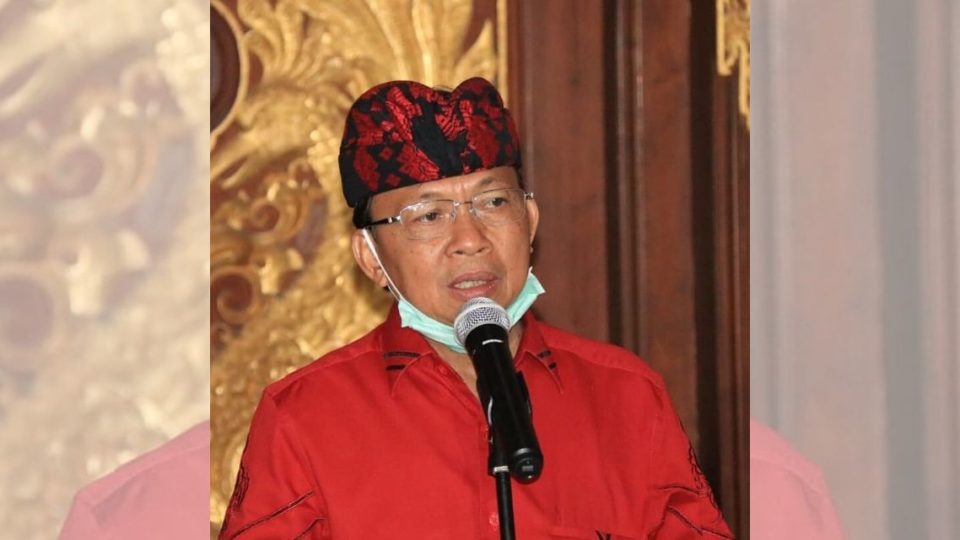Bali Governor Wayan Koster said that his administration will be boosting other sectors of the local economy, including the creative economy and agriculture, as the province attempts to reduce its dependence on tourism.
“So we need to start making an effort so that we are no longer depending solely on tourism. We need to think of other sectors to strengthen the economy in Bali, which is through export,” Koster said yesterday.
Koster further explained that demand is high for some of Bali’s agriculture products in the international market, citing Balinese mangosteen’s popularity in China as an example.
“We will transform Bali into an export hub for other countries,” he continued.
However, with air travel being significantly affected due to the COVID-19 pandemic, it poses a new challenge as these goods have to be transported by sea instead.
“Right now [export] has been affected a little. But once air travel returns to normal I think many countries will open up to Bali for our agricultural commodities and craft industry,” Koster said.
Indonesia’s central bank, Bank Indonesia (BI), previously reported an economic slowdown of 1.14 percent in Bali for the first quarter of this year — making the province one of the hardest hit in Indonesia amid the coronavirus outbreak.
The massive decline in tourism, according to officials from BI, is the main reason behind the slowdown, as Bali saw a huge drop in foreign tourist arrivals as well as various cancellations of national and international events that commonly take place on the island.
The Bali office of BI said that tourism contributes between 54 percent and 58 percent to the province’s economy.
Many Balinese people, especially those who were affected by layoffs and furloughs from tourism-related businesses due to COVID-19, have reportedly returned to their villages to farm, as told in a recent special report from Mongabay.



